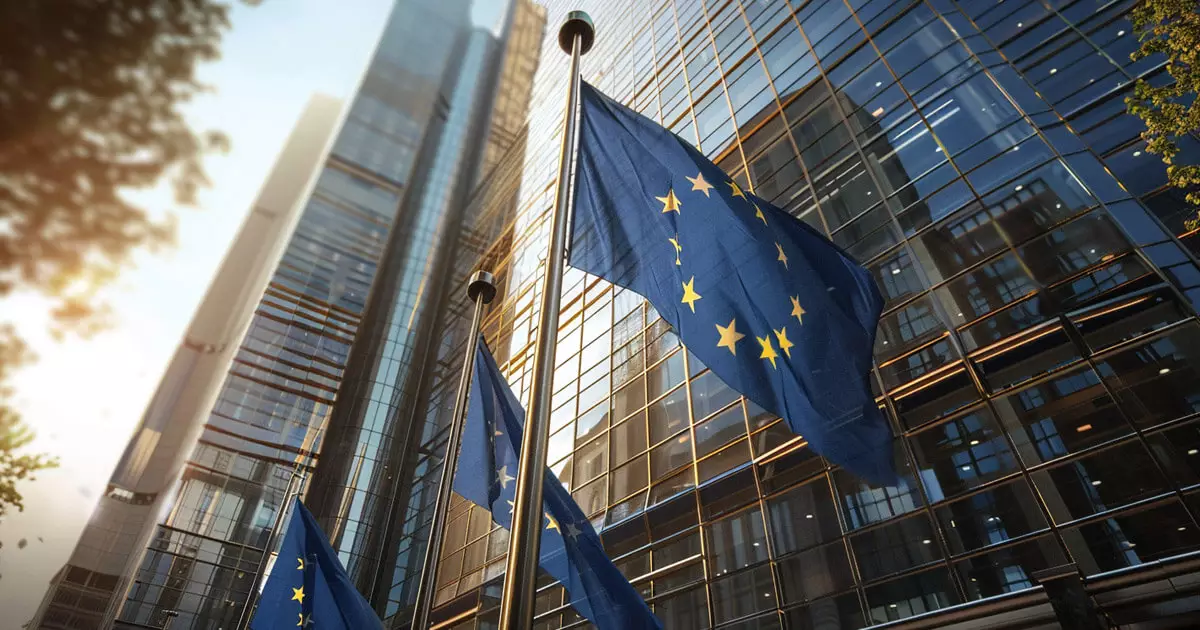In a significant move for the cryptocurrency sector, the DLT Science Foundation (DSF) revealed the MiCA Crypto Alliance on September 16. This collaborative effort is spearheaded by industry heavyweights—including Hedera, Ripple, and the Aptos Foundation—all of whom are united under the banner of the Markets in Crypto Assets (MiCA) regulation. The primary purpose of this regulation, recently greenlit by the European Union, is to cultivate an environment conducive to responsible innovation in digital assets while simultaneously protecting consumers.
The Necessity for Compliance in a Rapidly Evolving Sector
As the crypto landscape continues to mature, the necessity for compliance with stringent regulations is becoming increasingly apparent. MiCA enforces rigorous disclosure obligations upon Crypto-Asset Service Providers (CASPs), notably requiring them to account for the environmental impact of their business operations. By mandating transparency through publicly accessible white papers and online information, MiCA aims to hold providers accountable while encouraging a shift towards ecological mindfulness within the industry. The emergence of requirements for sustainability indicators underscores a growing realization of the environmental implications inherent to cryptocurrency operations.
Challenges and Solutions: The Role of the MiCA Crypto Alliance
Despite the foresight embodied in MiCA, some challenges remain, particularly the absence of predefined templates that guide CASPs in fulfilling these obligations. This ambiguity could inadvertently lead to non-compliance, raising concerns about the potential repercussions for the industry. The MiCA Crypto Alliance, with the DSF acting as a technical partner, has taken proactive measures to mitigate these issues. By fostering collaboration among prominent blockchain entities and initiatives, the alliance aims to streamline compliance processes and enhance the uniformity of sustainability reporting mechanisms.
Joining forces within the MiCA Crypto Alliance provides members such as Hedera, Ripple, and Aptos Foundation with access to an arsenal of resources designed to facilitate adherence to regulatory standards. Among these resources, members can utilize AI-enhanced tools for generating white papers efficiently and obtaining exclusive sustainability metrics tailored to meet MiCA’s stringent criteria. This not only equips organizations with the necessary technological prowess to navigate compliance but also elevates the overall standard for sustainability within the crypto sector.
Vision for the Future: Accountability and Ethical Development
Dr. Paolo Tasca, the DSF’s Founder and Chairman, articulates the alliance’s vision—to foster a culture of accountability concerning climate impact in the crypto realm. His assertion that the disclosure requirements aim to support responsible technological development highlights a commitment to ethics in blockchain innovation. Moreover, Nilmini Rubin, Chief Policy Officer at Hedera, reinforces the collaborative ethos embedded in the MiCA Crypto Alliance, asserting the pivotal role of enhanced transparency in shaping a regulatory framework that benefits both consumers and enterprises alike.
As the MiCA Crypto Alliance takes shape, it stands as a hallmark of the industry’s dedication to compliance and sustainability. By nurturing cooperative initiatives among key stakeholders, this alliance not only addresses existing challenges but also promotes a standardized approach to ethical innovation in the cryptocurrency sphere. As the alliance moves forward, it exemplifies a collective commitment to establishing a responsible and transparent digital asset ecosystem—one that prioritizes both user protection and the sustainability of the environment.



















Leave a Reply